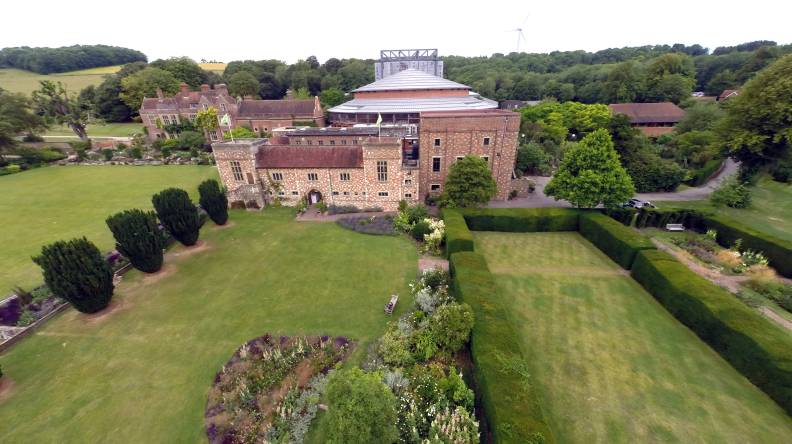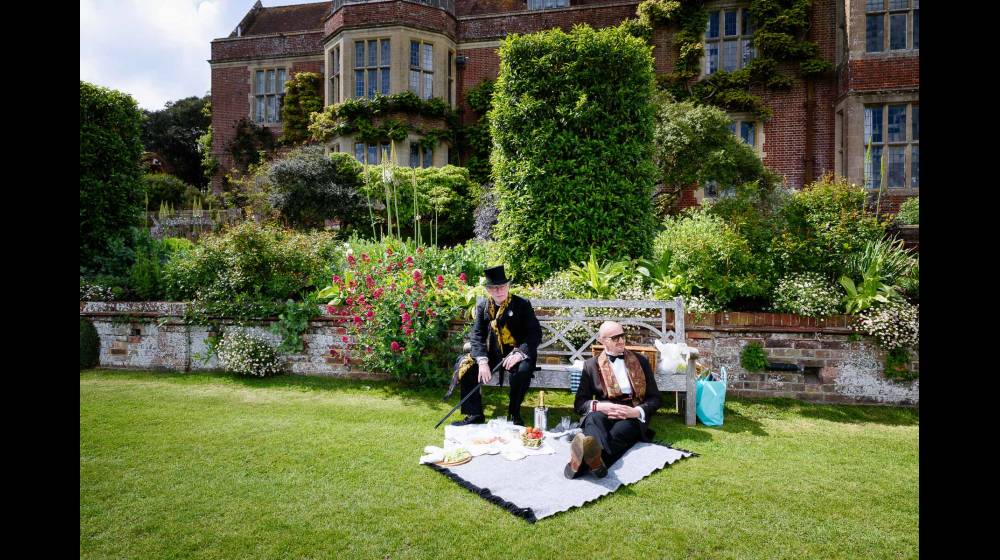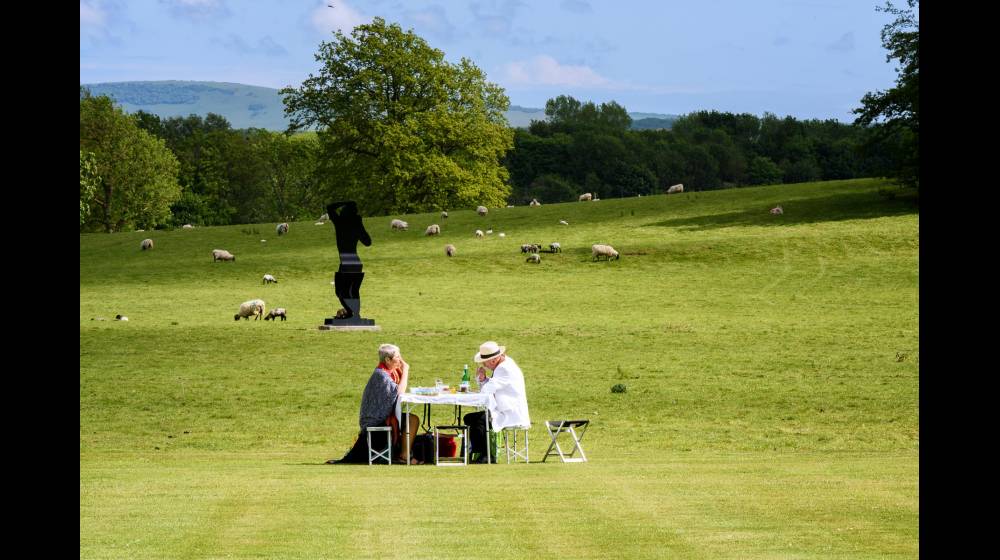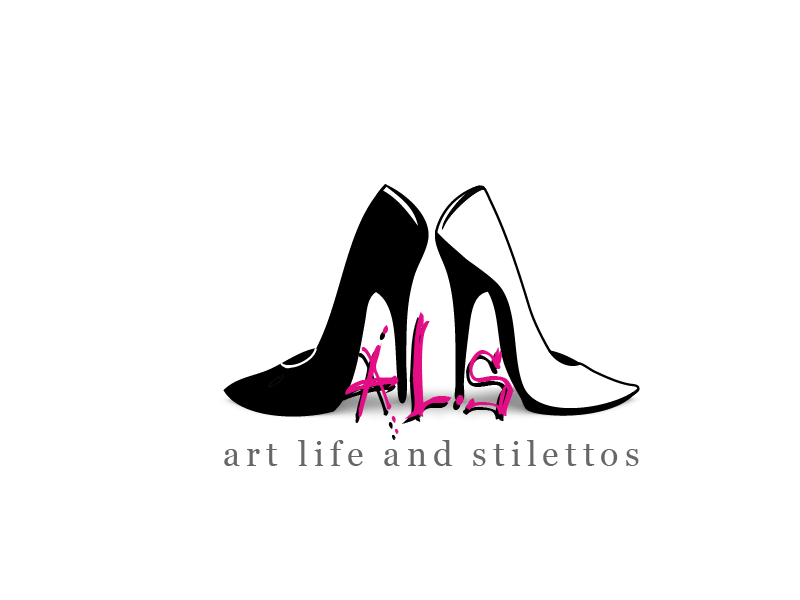My thoughts on the news that Sebastian F. Schwarz stepping down as Glyndebourne general director.
There is a lot happening in the world of entertainment right now, so it’s understandable if the news of Sebastian Schwarz leaving his post at Glyndebourne doesn’t exactly stand out. But for someone who is paying attention to the direction of opera and artistic management in North America, this shows just how delicate and difficult the role of General Director can be when their body of knowledge lies in the public sphere.

There seem to be three main systems that function in with regards to the management of opera. There is a publicly funded system, one where theatres rely on taxpayer money, and/or government funding and grants to operate. These theatres are frequently in European countries and tend to have the most freedom in terms of artistic choice. The second type is a privately funded system. This is where the government plays a minute, almost symbolic amount of money to the theatre, but private entities, endowment funds and charitable organizations bear the brunt of the costs of keeping the show on stage. This is the way major houses operate primarily in the United States, and could leadto a more conservative approach to artistic direction, as there is a direct link between the tastes of the people and entities funding the performances and their livelihood. The third type is a hybrid system. This is what we are most used to seeing in Canada. The government supports the arts in a significant way, but theatres still depend on donors and private funding in order to operate. There is a balance of sources, but not necessarily as much freedom in terms of artistic vision, as the private sector still does have a major influence. I’ve talked about some of these issues before.
In the case of Glyndebourne, are we witnessing the reality of a General Director taking over a private enterprise without fully realizing the consequences of this funding system? Not to mention the extra stress put on the GD in terms of fundraising? Programming can not pander to few, it must be commercially viable and palatable to the funders. In this case, the more forgiving nature of publicly funded theatre seems evident.
Glyndebourne is a pretty fantastic brand. It’s a festival that attracts people internationally and runs 100% off of private money and ticket sales. The autumn tour receives some public funding, but the festival itself receives no public funds, and is completely financially independent. It’s a lifestyle, and they are a company that knows what it’s audience wants. Just look at their manifesto: “We are experts in opera, understated in our delivery, relaxed, cosmopolitan and original. Our vision is for opera to be transforming and exceptional. Our mantra: “not the best we can do, but the best that can be done anywhere”. That’s brilliant, and they do it well.

Upon his tenure, Robin Ticciati, music director of Glyndebourne, told the Guardian: “I am extremely excited about what Sebastian Schwarz will bring, especially his own personal artistic vision and his inspiring approach to what he believes opera can be in the 21st century.”
So why this misstep in hiring Schwarz? His visionary attitude is surely fantastic, but did they really overlook the possibility that his current expectations would affect his perspective? Is there more to the story than this?
‘The sudden announcement of Schwarz’s departure suggests that serious differences have arisen between him and Glyndebourne’s Board over future artistic planning for the festival,’ said Opera Now editor Ashutosh Khandekar.
Mr. Schwarz lasted 18 months in the position. Prior to stepping down he programmed the festival and tour until 2021.

As a result of his departure, Gus Christie, Glyndebourne’s executive chair, will assume the role of acting general director until a successor is appointed. Mr. Christie is the grandson of the festival’s founders, John Christie and Audrey Mildmay. In a statement referred to mr Schwarz as hugely respected and admired, “he leaves an exciting artistic programme for both festival and tour through to 2021.”
Mr Schwarz said in a statement: “To be Glyndebourne’s general director for the last two years has been my honour and privilege. In my first encounter with a privately funded company I have come to appreciate Glyndebourne’s unique and complex business model on which its success and survival are dependent and for which the general director is responsible, alongside providing the artistic strategy. While planning the seasons up to 2021, I have realised that I feel most at home in a position which allows me to concentrate more fully on creating and executing the artistic vision of an organisation.”

